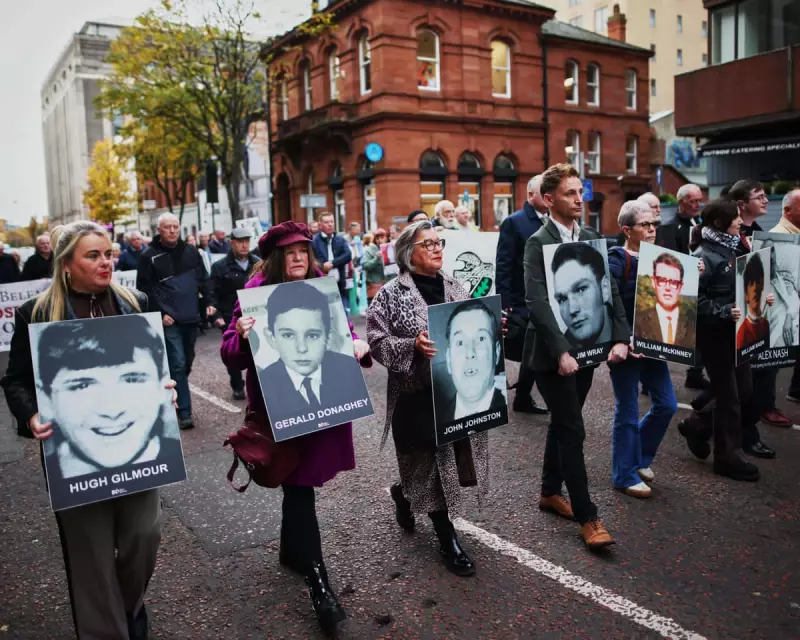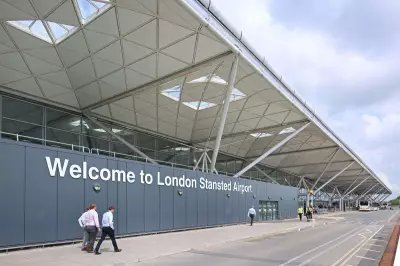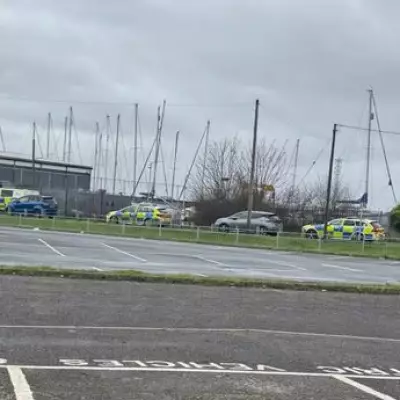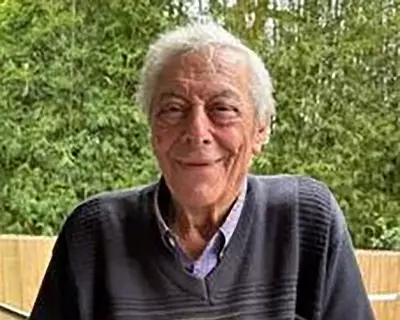
In the dimly lit streets of Belfast, the glow of blue police lights tells a story that stretches back generations. While the 1998 Good Friday Agreement officially ended three decades of conflict, the shadow of The Troubles continues to fall heavily on those who wear the uniform today.
A Force Operating Under Constant Threat
Police Service of Northern Ireland (PSNI) officers navigate a landscape where history is never far from the surface. Unlike their counterparts elsewhere in the UK, they face unique dangers that hark back to a violent past many thought was behind them.
The statistics paint a sobering picture:
- Officers routinely work 60-hour weeks responding to security threats
- Significant resources remain dedicated to counter-terrorism operations
- Many officers cannot socialise in their own communities due to safety concerns
- The threat from dissident republican groups remains "severe"
The Human Cost of Historical Baggage
For serving officers, the legacy of conflict isn't just historical—it's personal. Many live with the knowledge that 319 RUC officers were killed during The Troubles, and that today's PSNI still represents a prime target for remaining paramilitary elements.
One veteran officer described the psychological toll: "You're not just policing crime; you're policing history. Every call-out, every checkpoint, carries the weight of what happened here over thirty years of conflict."
Community Relations: Progress and Setbacks
Despite genuine efforts at reform and community engagement, deep-seated suspicions persist in some quarters. The PSNI's attempts to build bridges across sectarian divides often meet with resistance from both sides of the community.
The challenges are multifaceted:
- Recruiting officers from both Protestant and Catholic backgrounds remains difficult
- Security concerns prevent many officers from living in the communities they serve
- Paramilitary-style attacks continue to occur with alarming regularity
- Political instability affects policing priorities and resources
Looking Forward While Guarding the Past
As Northern Ireland moves further from its troubled past, the police find themselves in a delicate balancing act. They must maintain security against persistent threats while building the community trust necessary for genuine, long-term peace.
The blue lights that patrol Northern Ireland's streets serve as a constant reminder that while peace agreements can be signed, true reconciliation takes generations. For the officers behind the wheel, the long shadow of history remains their daily reality.





